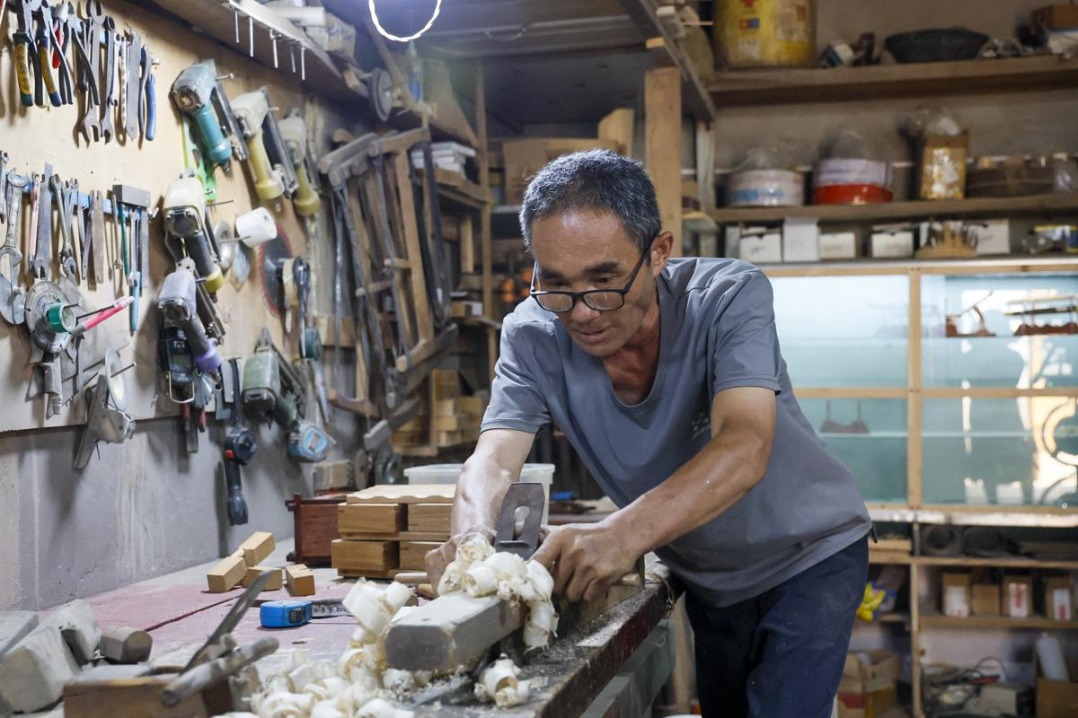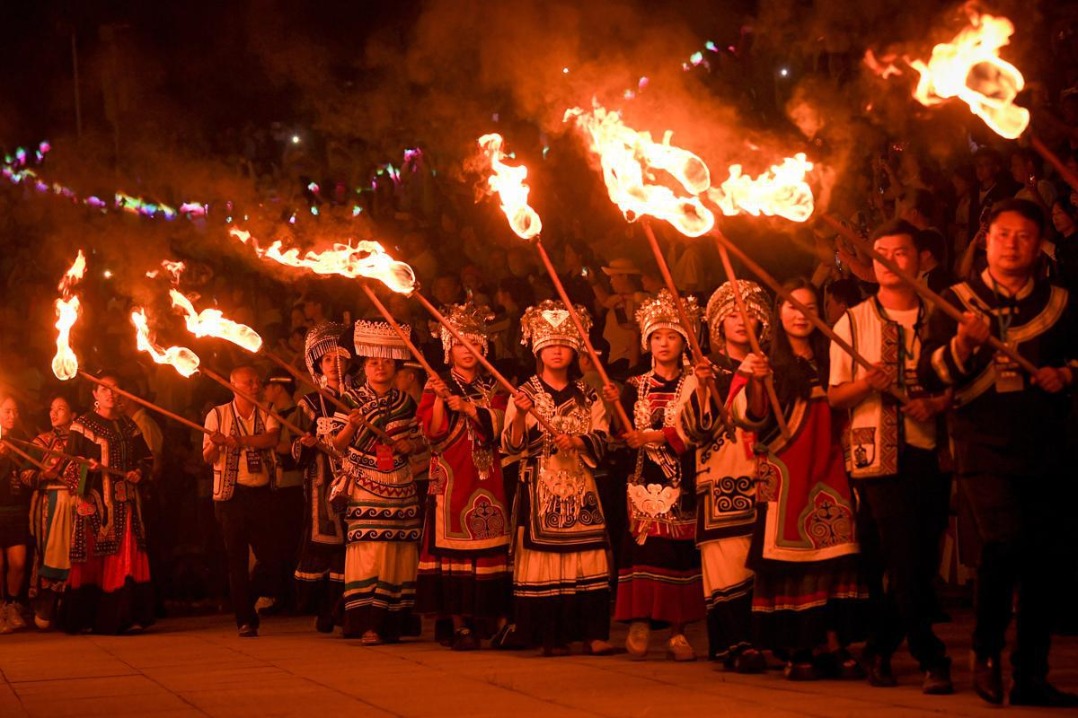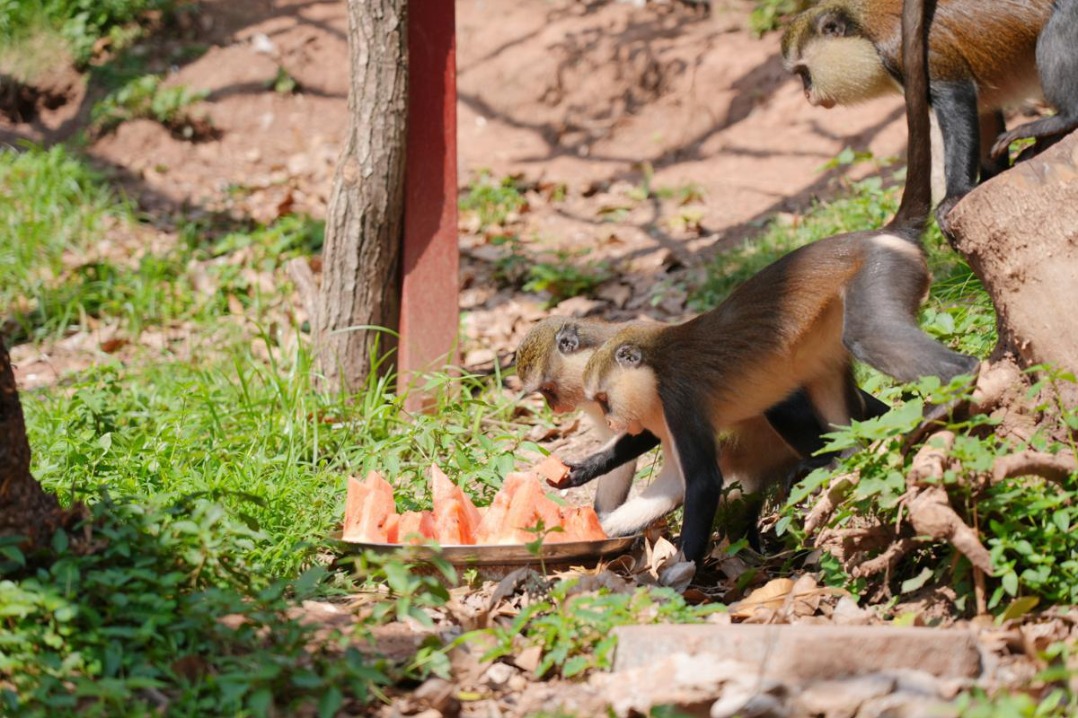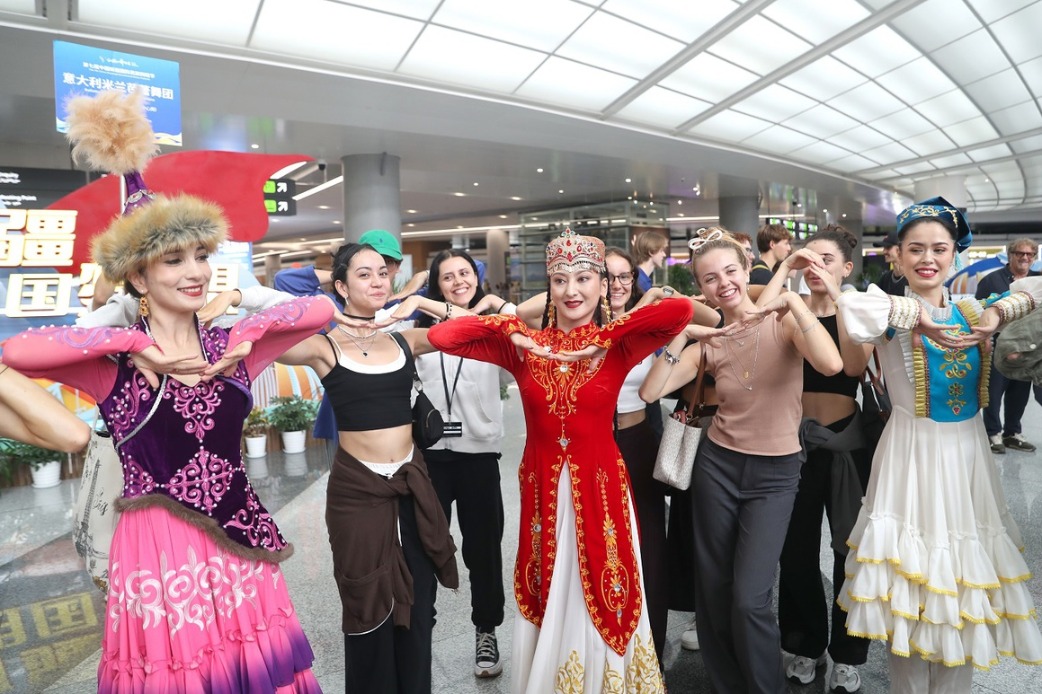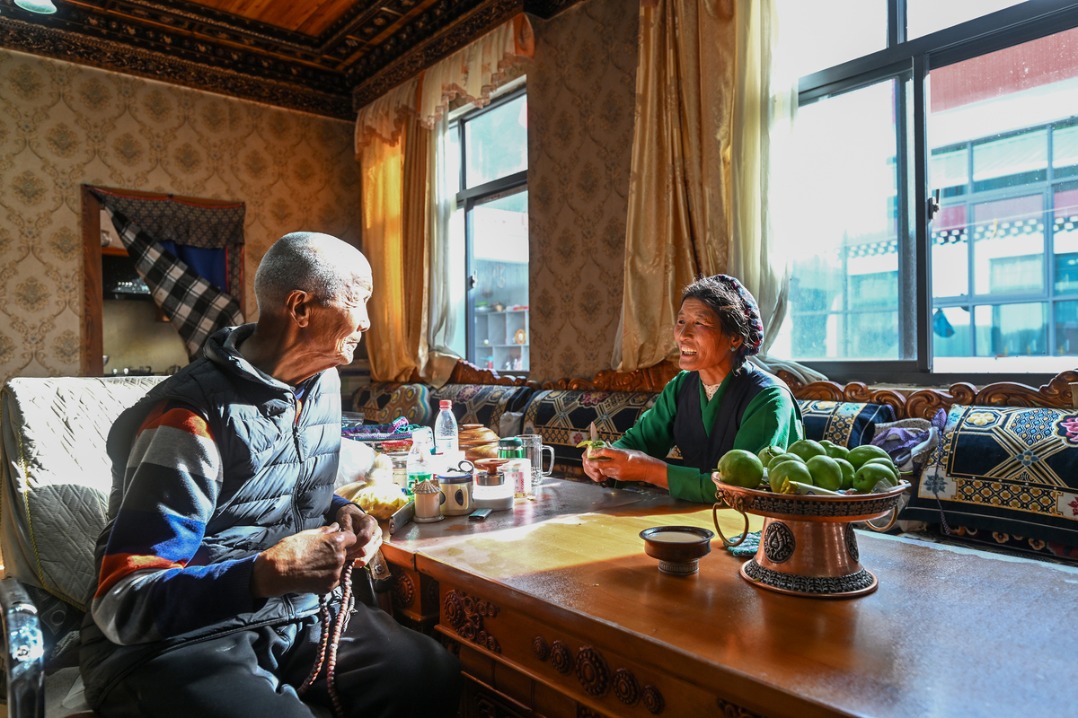Chinese doctors share COVID-19 tips with foreign peers

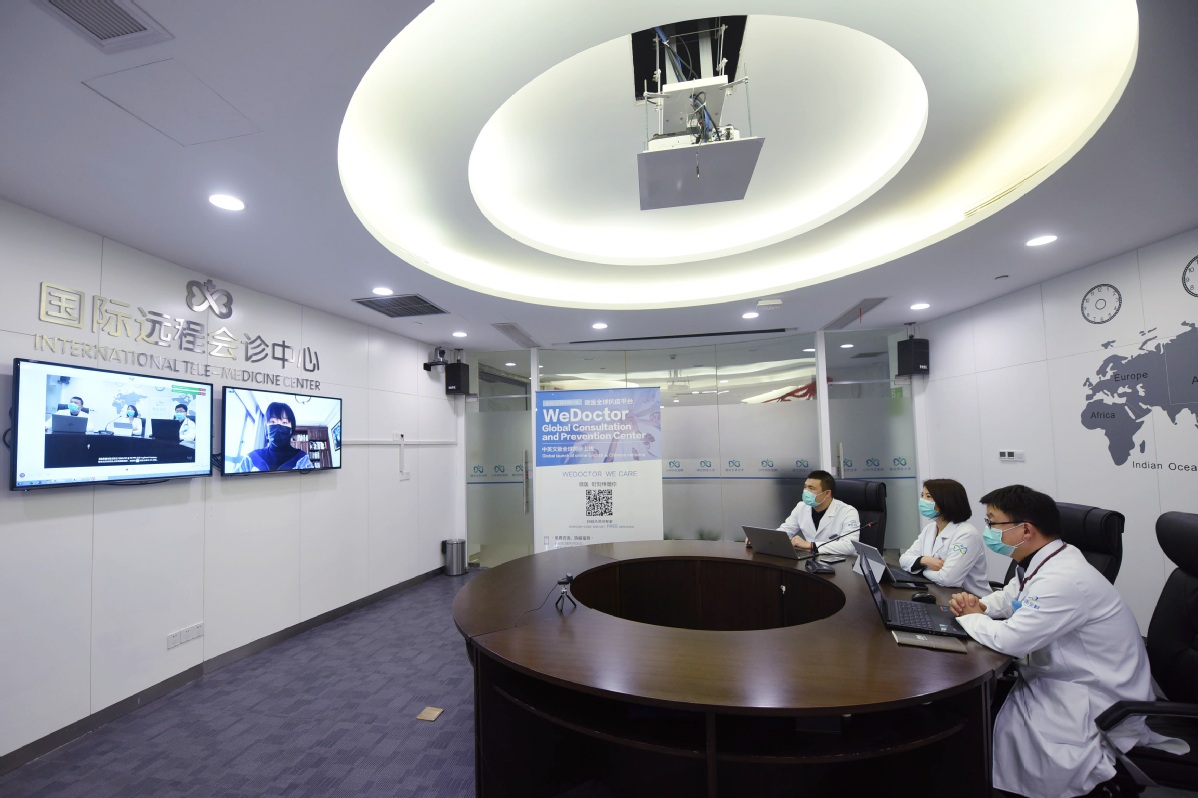
On March 24, Chu Qian, an oncologist at Tongji Hospital in Wuhan, Hubei province, received an email from her former acquaintance, Sun Weijing-a medical expert in the United States-asking whether she could help arrange an online meeting on COVID-19 between two medical institutions.
"After the communication from Sun, I soon got emails from Steve Stites, chief medical officer at the University of Kansas Health System," Chu said. "I could feel that they were anxious and pressured by the epidemic situation there. They wanted to hold the meeting ASAP, so I acted fast."
On March 9, the US state of Kansas reported the first confirmed coronavirus case at a special treatment unit for infectious diseases at the hospital.
Sun, director of the university's cancer center, was asked by hospital officials to reach out for more information. Thus, Chu-who has been working since late January in Wuhan, the hardest-hit city in China during the contagion-came to his mind.
Chu contacted heads of several departments and management officials of Tongji Hospital right away.
On March 26, two days after the first outreach email, 12 doctors from different medical departments as well as management officials from the Kansas City hospital, connected via video conference with six experienced Chinese doctors from Tongji Hospital, including deputy head Liu Zheng.
"They didn't waste a second and kept asking questions one after another. Our experts from pneumology, intensive care and hospital-acquired infection control departments kept answering questions, providing all the information we had," Chu said.
Chu said questions the US group asked during the one-hour conference were very detailed, such as the type of breathing machines used, medicines, hospital infection prevention and key strategies of critical care.
"Facing a new disease none of us have met before, we all need to explore and get to know it through hard work, which sometimes involves sacrifices," Chu said.
Xie Jing, a doctor of infectious diseases at Peking Union Medical College Hospital-who was sent with a medical team to Wuhan on Feb 7-h(huán)as attended four video conferences with international medical experts from Canada, the US, Italy and other countries during her stay in Wuhan.
"We have kept nothing to ourselves. The public health issues cannot be solved by closing doors," she said."The global community should work together to reach the goal. It's so natural to share our COVID-19 knowledge with foreign colleagues because we communicated before the epidemic and will continue to do so after it," Xie added.
Cao Wei, deputy director of the infectious diseases department at Peking Union, also took part in several video conferences with overseas peers.
After a two-month stay in Wuhan, Cao returned to Beijing on April 15. During her ongoing mandatory 14-day quarantine, Cao has been invited to participate in many international teleconferences and answered several email inquiries from overseas.
"It's an opportunity for Chinese doctors to contribute to the world," she said. "We share and we learn, trying to reduce casualties globally. The discussion about the cure has never stopped. All in all, we need to respect science," she added.
Li Yi, deputy director-general of the Foreign Affairs Office of the People's Government of Beijing Municipality, said his office has been working closely with colleagues around the world.
"I believe the practices and experiences here may be conducive and helpful to other cities when they formulate public policies to contain COVID-19," Li said.
On Tuesday, Beijing hosted a teleconference with 26 cities including London, Tokyo and Paris, to share experiences in epidemic intervention, treatment strategies and measures facilitating resumption of work and business.
Following strict preventive measures, economic activity and industrial production in many Chinese cities-including Beijing-h(huán)ave resumed.
The support given by Chinese people are not limited to information sharing. Many doctors went to foreign countries to help save lives. Many businesspersons in China have been donating to countries and international organizations such as the World Health Organization.
- Ningxia artisan promotes woodcraft via livestream at 59
- China harsh on clamping down gang crimes: ministry
- Heilongjiang border cities embrace e-commerce boom
- China sees significant decline in incidence of major traffic accidents
- Chinese police to tighten regulation of intelligent driving
- China among countries with lowest homicide rates: official
















